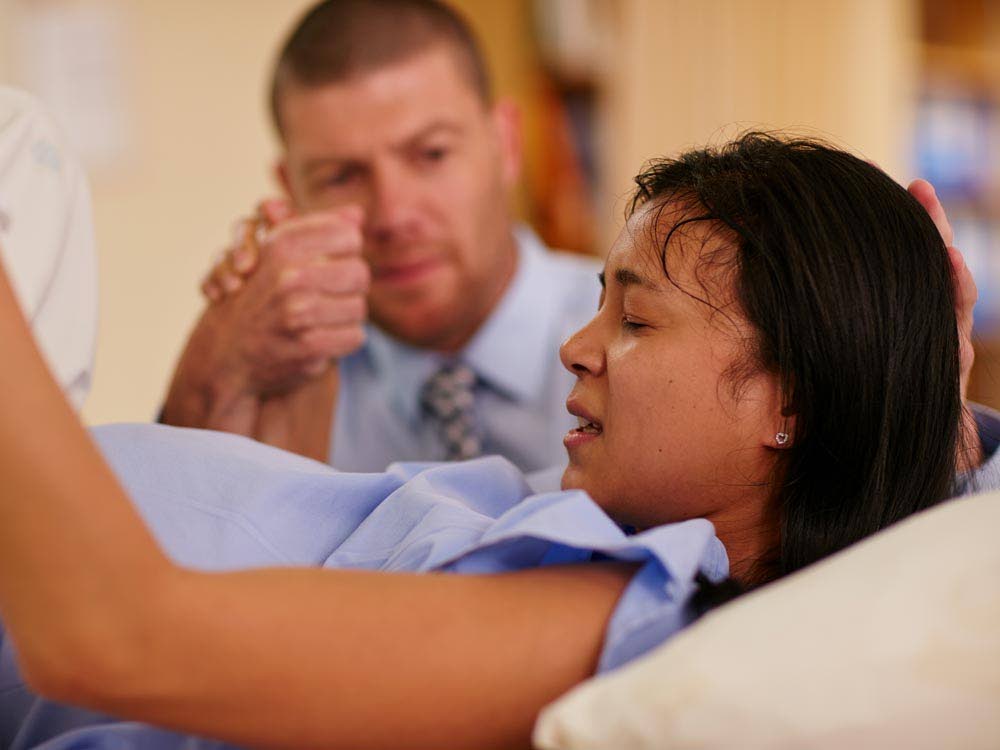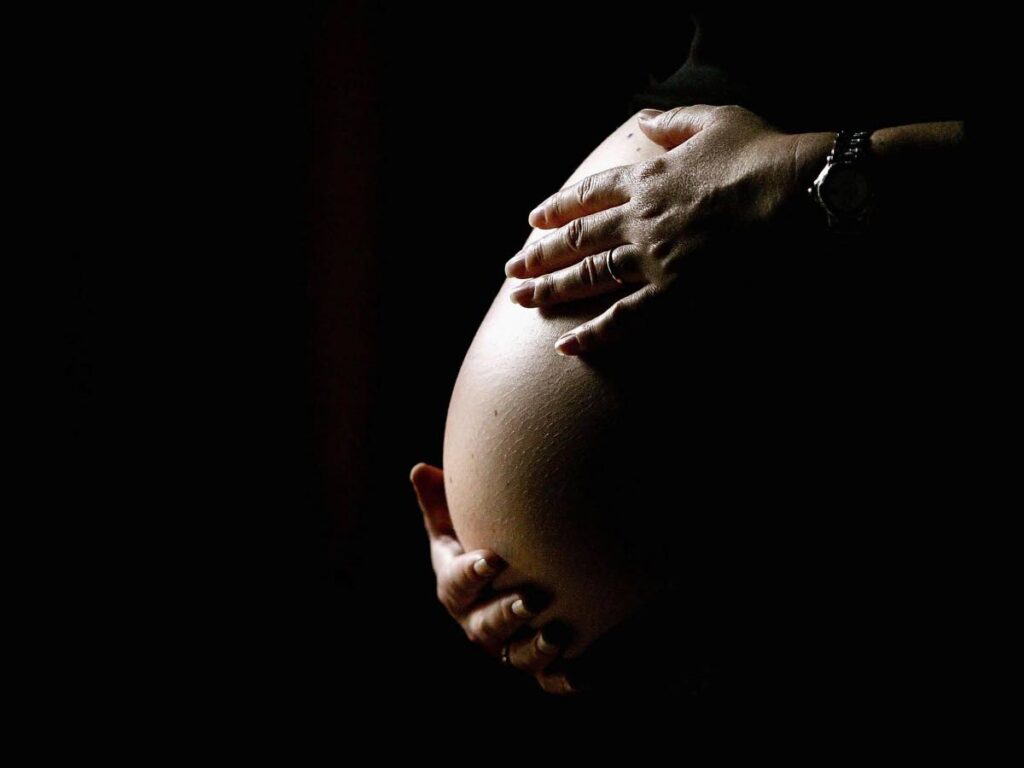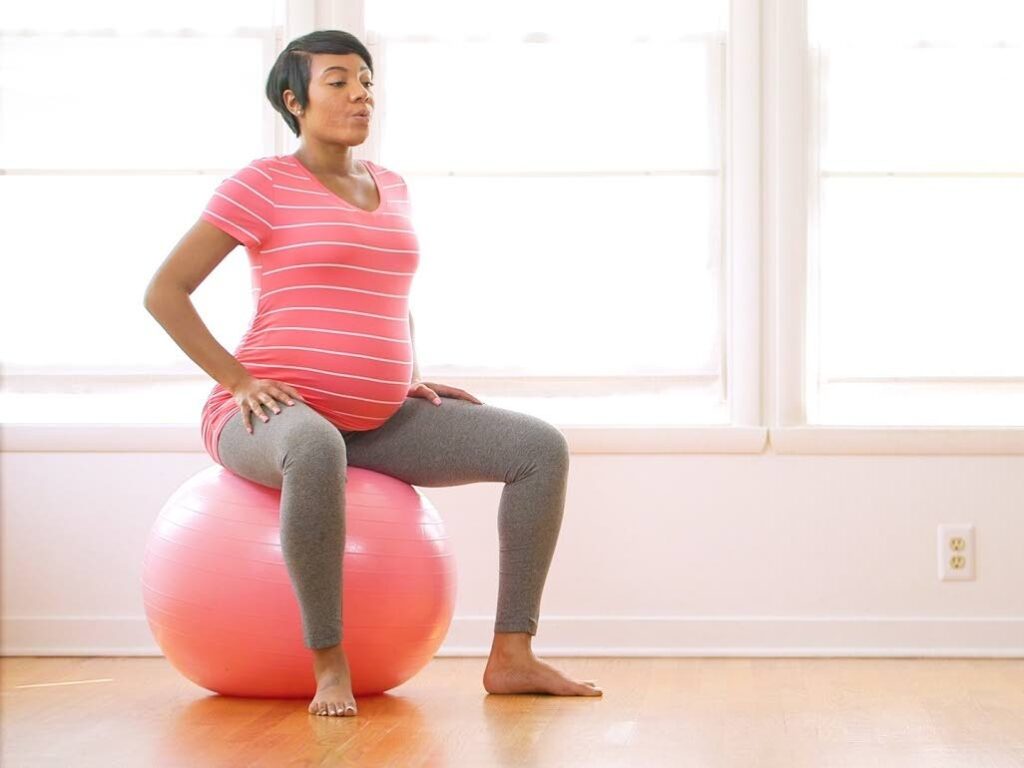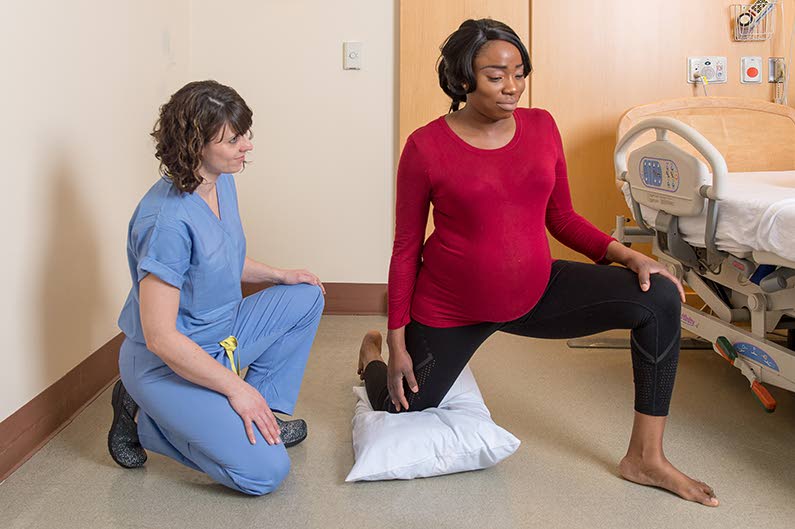Violation of women’s rights during childbirth

ADRIAN PALMER
Pregnant women need the most support during labour and delivery, because this takes a serious toll on their physical, emotional and mental health, and can affect the newborn's health as well. Sadly, some women have had bad birthing experiences, denying them of their basic rights.
Women’s rights and childbirth
The World Health Organization has indicated that women, during childbirth, have the following rights to help mothers have a positive experience:
Respect and dignity; a companion of choice; clear communication by maternal staff; pain relief strategies; and mobility in labour and birth position of choice.
Unfortunately, these rights have been repeatedly violated in our local health system and have contributed to mothers having a negative birth experience and/or unwanted medical interventions. This has also had negative effects on the health of the mother and child.
Women denied a companion of choice during childbirth
There are public hospitals in TT that prohibit pregnant women from having a companion or partner present during childbirth. The implementation of this policy has only contributed to the physical suffering of mothers and potentially compromised the mental, emotional and physical health of their newborns.
The covid19 pandemic has impacted all aspects of healthcare, not excluding maternal healthcare. This may explain why policies such as prohibition of a companion during childbirth was developed, but the Ministry of Health reassured the population that it will only be following international best practices and World Health Organization guidelines, to which this policy is contrary.

The International Confederation of Midwives (ICM) in an official statement gave clear evidence-based recommendations for the management of pregnant women and babies during the pandemic. These included the statement that:
• Every woman has the right to information, to give consent, to refuse consent and to have her choices and decisions respected and upheld. This includes the right to have a companion of her choice with her during her labour and birth.
• A single, asymptomatic birth partner should be permitted to stay with the woman, at a minimum, through pregnancy and birth. Continuous support by a birth partner increases spontaneous vaginal birth, shortens labour and decreases caesarean births and other medical interventions.
The current policy in place over the past two years to prohibit a companion clearly violates the rights and guidelines outlined by the ICM and WHO and may have also increased public healthcare costs.
Prior to the pandemic, companions were not allowed in some hospitals unless they attended Lamaze classes. This policy is not supported by any international standard, and no guideline was ever given by the WHO to support this stance. As a matter of fact, the WHO has stated that there is no evidence to indicate that there is harm related to labour companionship.
Benefits of companionship during childbirth
The World Health Organization has offered evidence-based research regarding companionship during childbirth, which it said improves childbirth experience; improves health outcome for mothers; gives women practical, psychological, and emotional support; safeguards against mistreatment or neglect; shortens the length of labour time; decreases the odds of a Caesarean section; and gives more positive health indicators for babies in the first five minutes after birth.
Other benefits that have been mentioned or reported in the research are greater bonding experience with spouse and baby, improved communication between mother and health team, decreased need for medical pain relief interventions, and less fear and distress.

A Cochrane systematic review published in 2017 had concluded that, “all types of labour companion are effective, and that the support by these individuals is of greater benefit than if the companionship is given by professional staff from the facility.” So even though the staff on the maternity ward are well trained, the scientific evidence reveals that a companion of the woman's choice reaps more benefits.
Fathers’ absence at birth has negative impact on mothers' and babies' health
In a study involving unmarried women by the Child and Family Research Partnership (CFRP), an independent research group at the University of Texas found that when fathers were absent at the birth of their child, these children were three times more likely to experience health complications as early as three months after their birth, and the mothers were more likely to experience complications during delivery. The data also shows that the father’s absence was associated with more psychological distress for the mother, which in turn showed signs of distress in the child.
Women denied mobility during labour
Women have a right to mobility during labour, which involves transitioning through different labour positions. This process helps to ease the discomforts and moves the baby down through the pelvis. But some of our women have reported that they have been told to lie on the bed. Sometimes they are allowed to be mobile, but due to lack of assistance from the medical staff, the pains and discomforts, it becomes difficult for them to get off the bed or to get on it, so they prefer to lie down. This is situation could have been helped if the mother had a companion present.
When women are denied freedom of movement during labour it affects the baby's movement into the pelvis; decreased oxygen levels to the baby; adds more pain and discomfort for the mother; increases the likelihood of the use of medication; creates longer labour times; decreases the likelihood of a vaginal birth; results in less efficient contractions; and causes the mother to experience less sense of control.
Women denied birth position of choice
Throughout pregnancy women are told to avoid lying on their backs because it may cause back pain, affects breathing, decreases blood pressure and decreases blood flow to the mother's heart and to the baby. But at times, during labour and more so during birth, mothers have been instructed to lie on their backs.
Lying on the back during childbirth is the least effective position as it prolongs second stage labour, increases likelihood of episiotomy – an incision between the vagina and anus; increases the likelihood of the use of forceps and vacuum delivery; increases the chance of the baby having abnormal heart rate patterns.

The WHO has longed advocated for women to avoid prolonged periods of lying on their backs during labour. The National Institute for Clinical Excellence in the UK states, "Discourage the woman from lying supine or semi-supine in the second stage of labour and encourage her to adopt any other position that she finds most comfortable."
This outdated clinical practice is a cultural practice and not based on any scientific evidence. There are more effective birthing positions, such as squatting variations, reclining, birthing stools, birthing bars, kneeling, etc.
Our mothers deserve better. Pregnancy is a difficult journey over months that should climax in a beautiful experience of meeting a long-awaited, healthy child. Let us stop finding excuses to violate the rights of our mothers, and instead put things in place to ensure they are upheld.
I stand for women's rights!
Adrian Palmer is a registered physical therapist and a health and evidence-based medicine advocate.


Comments
"Violation of women’s rights during childbirth"